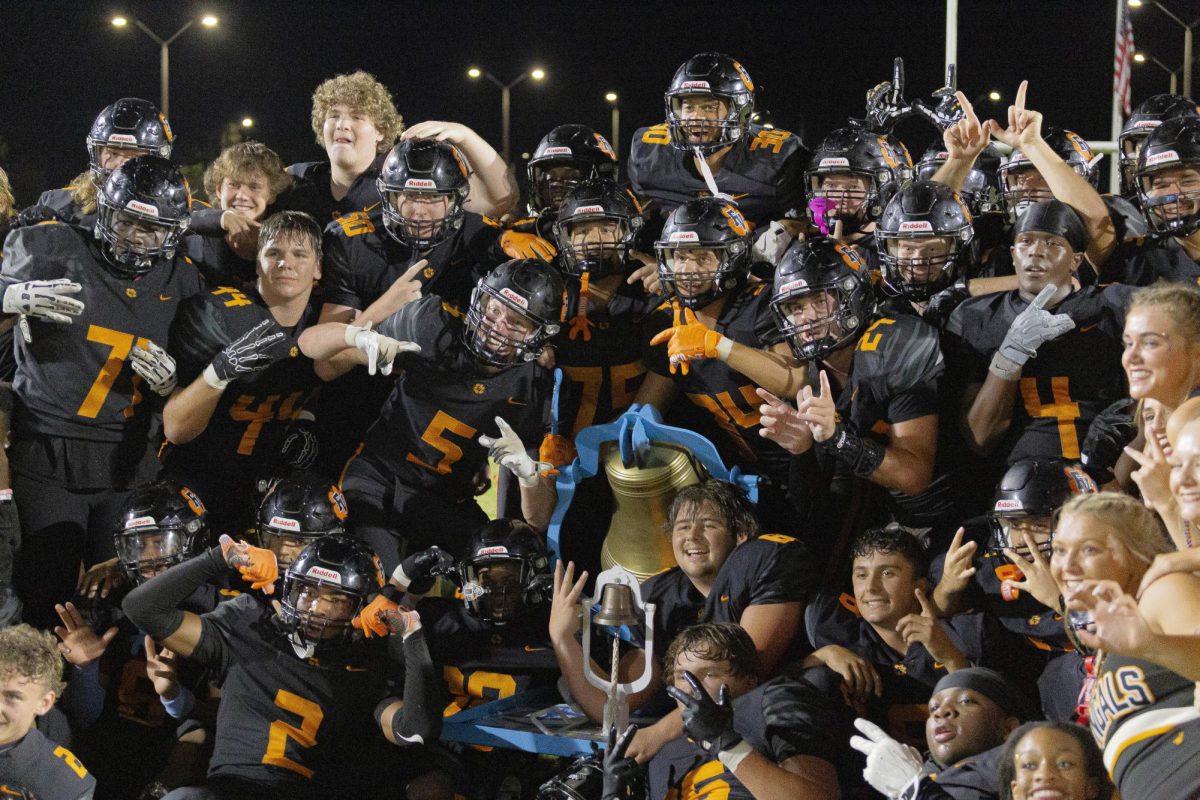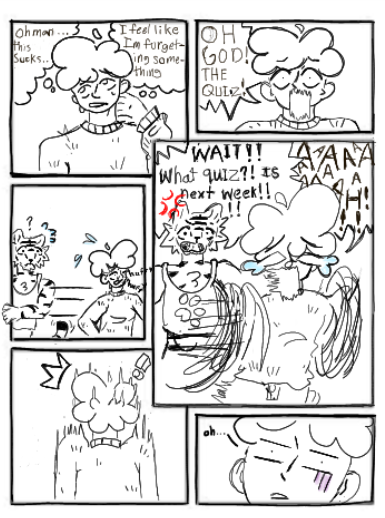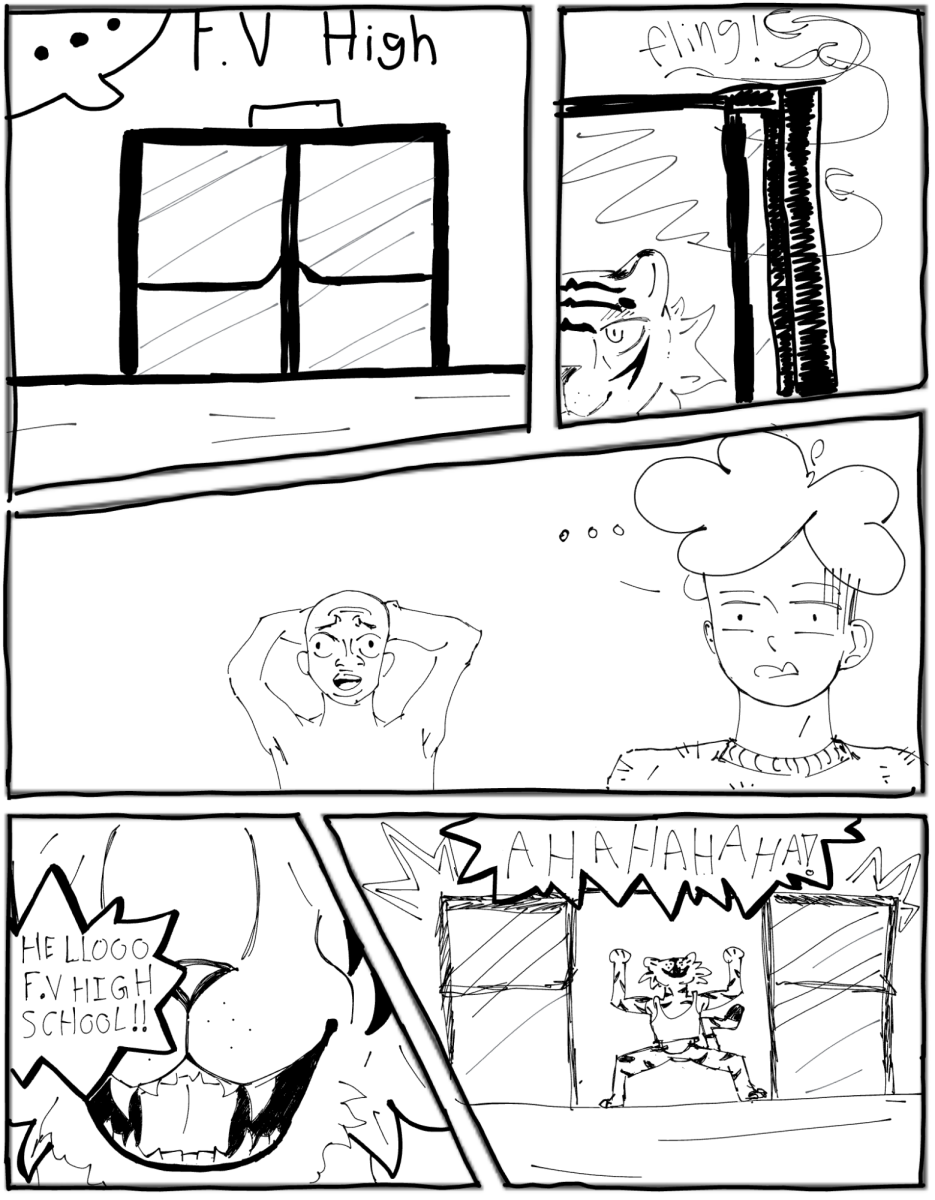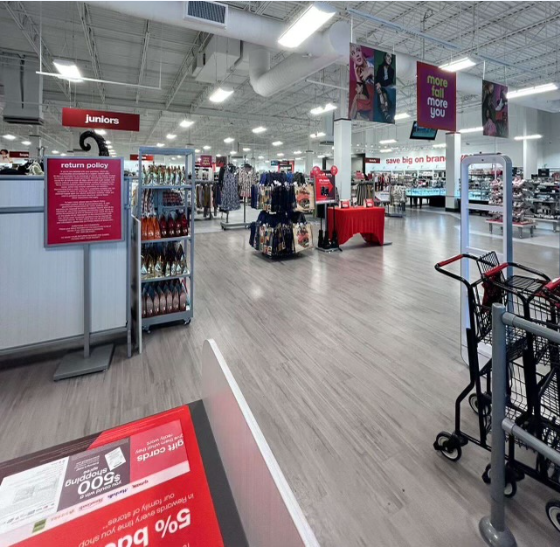For years, the line “The customer is always right” has been used as a cornerstone for the service industry. Businesses have been conditioned to bend over backwards to satisfy customer needs, no matter how unnecessary. But is this mindset truly reasonable?
No, it’s not. The customer is not always right, and it’s time we acknowledge that.
In the retail industry they have strict company policies regarding lost or damaged goods. When a customer tries to buy damaged goods, most of the time, they are not allowed to due to store policy, but this doesn’t stop the customer from complaining and causing a scene.
It’s Christmas time at TJ Maxx. Everyone is running around crazy trying to figure out what to get their loved ones for the holiday. Between busy aisles and long lines, the workers at TJ Maxx are already severely overwhelmed without their customers being unruly and mean.
Senior and TJ Maxx employee, Hannah Bake, said, “A lady came up to me, requesting to buy a two piece set, where the bottoms were missing. She wanted to buy the item for full price, but due to our policy, I am not allowed to sell it to her until after a seven day period, when the missing item is either found, or the price has been marked down. I respectfully told the woman I would search around the store for the item. I came back with no luck, and she screamed and yelled until I got the manager.”
When the manager returned and told the customer the same thing that Bake said, she stormed out of the store, shouting about how they lost a loyal customer, and that she wouldn’t continue to shop there in the future.
This situation is a perfect example of why the mindset that “the customer is always right” is flawed. While customers are vital to the success of any business, they are not entitled to disregard policies or treat employees with disrespect.
Giving in to unreasonable demands can often lead to more harm than good. Employees are trained to follow company guidelines for a reason, and ignoring these rules to appease an irate customer can create inconsistencies that undermine the businesses integrity.
The idea that the customer is always right also sets a dangerous precedent. It empowers customers to act inappropriately, knowing that the businesses will often go to great lengths to meet their demands. This results in more frequent incidents of shouting, complaints and unnecessary demands that go beyond what is reasonable.
Waitress Steicy Nuñez said, “In each field of customer service that you work in, there’s going to be super, super horrible people around you at all times, but in the end, you just get used to it.”
Being treated horribly should not be normalized. Customers need to understand and respect the challenges faced by retail workers, and businesses should not be afraid to draw the line when customers overstep their bounds. The reality is that the customer is not always right, and that’s okay.
A successful business knows how to balance customer service while upholding policy. By showing employees that they will be backed up when enforcing store policies, companies foster a much healthier work environment, and ultimately, a better shopping experience for everyone.












































